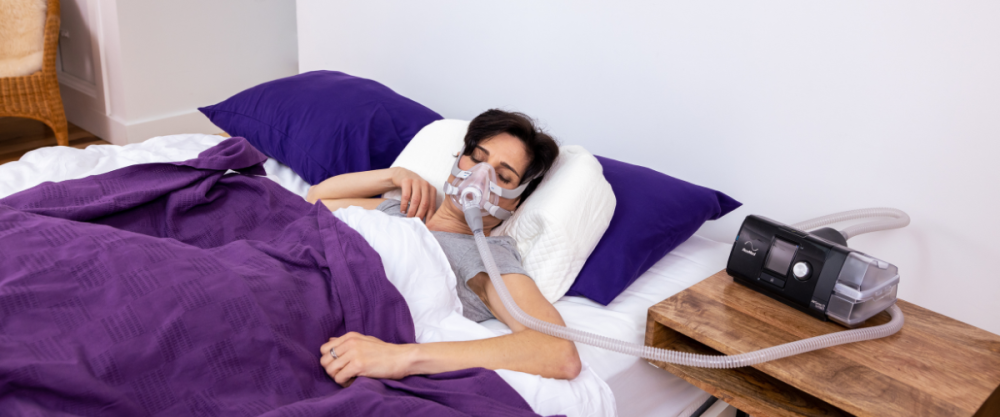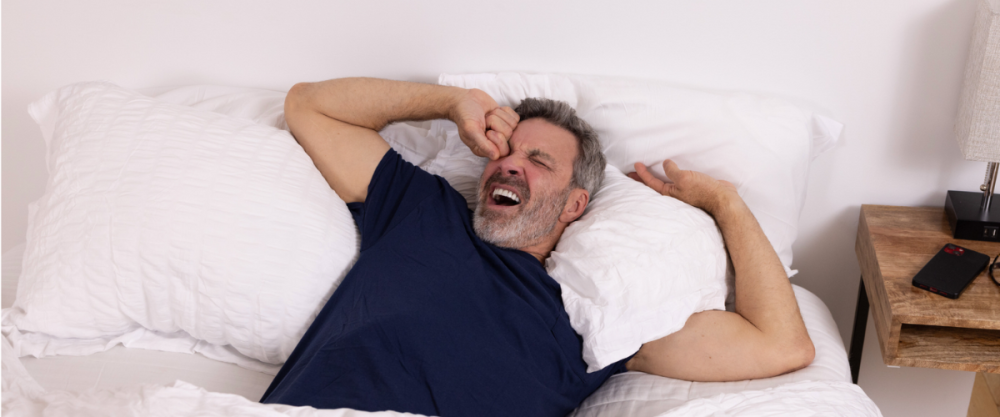Are you dragging yourself through your day by chugging caffeinated beverage after caffeinated beverage or driving with the radio blaring to keep you from nodding off? Does your work day seem longer today than it did yesterday? Are you finding it harder and harder to make it through the work week?
If you answered “yes” to any or all of these questions, you are not alone, and you don’t have to live this way. What you are experiencing is sleep debt. You have not gotten enough sleep, and truth is, you have probably not gotten enough sleep for a long time.
How much sleep is necessary?
We know that the average adult needs about 8 hours of sleep each night. Teenagers and growing children need up to two hours more than that, and older adults tend to need just a little less. The fact is, we know how much sleep we should be getting, yet we live in a busy world and just seem to convince ourselves day after day that we are not the norm and we can manage on less than 8 hours of sleep.
According to a recent article from Scientific American, “A 2005 survey by the National Sleep Foundation reports that, on average, Americans sleep 6.9 hours per night — 6.8 hours during the week and 7.4 hours on the weekends. Generally, experts recommend eight hours of sleep per night, although some people may require only six hours of sleep while others need ten. That means on average, we’re losing one hour of sleep each night—more than two full weeks of slumber every year.”
What is sleep debt?
Sleep debt is the amount of sleep we have actually gotten versus the amount of sleep we should have gotten. "People accumulate sleep debt surreptitiously," says psychiatrist William C. Dement, founder of the Stanford University Sleep Clinic. According to Scientific American writer Molly Webster, studies have shown that such short-term sleep deprivation leads to a foggy brain, worsened vision, impaired driving, and trouble remembering. Long-term effects include obesity, insulin resistance, and heart disease, which can also lead to sleep apnea.
But once you’ve lost those hours of sleep can you get it back? Sleep debt is something you can pay back to yourself. However, you will not succeed by sleeping the entire weekend. Lawrence J. Epstein, medical director of the Harvard-affiliated Sleep Health Centers, recommends adding on an extra hour or two of sleep a night to catch up. For those who are chronically sleep deprived, take it easy for a few months to get back into a natural sleep pattern.
Adjust your sleep pattern
Whatever it is that caused you to lose sleep, just know that with a little adjustment in nightly habits, you can get back to being well rested and alert during the day. Your patience will improve as well as your general disposition, and don’t forget, your physical health will benefit as well.
If you have been building up your sleep debt and it has gradually led to the diagnosis of sleep apnea, CPAPSupplies.com can help you start getting a good night’s sleep. A CPAP machine can greatly increase the quantity and quality of sleep that sleep apnea sufferers get each night. Check out our selection of top brand CPAP machines, supplies and accessories.
If you have any questions concerning sleep debt, sleep apnea, or your CPAP machine, please give one of our educated and friendly Customer Service Representatives a call today at 1-866-298-6482. Don't lose another night of sleep — make a change today!













